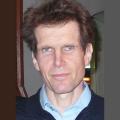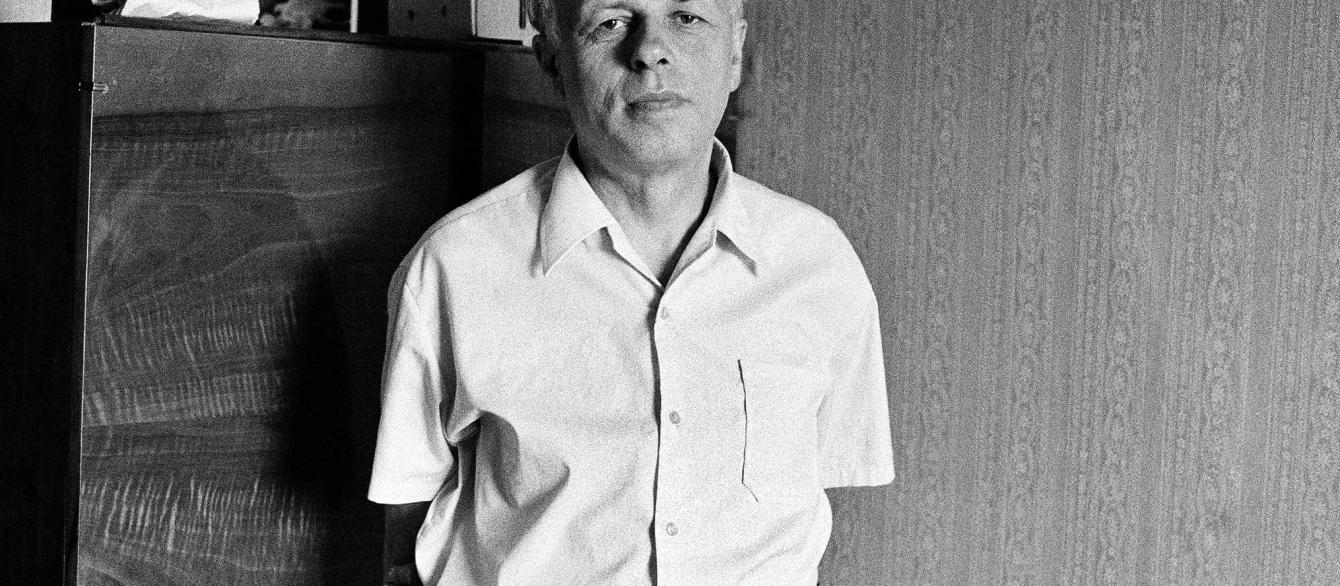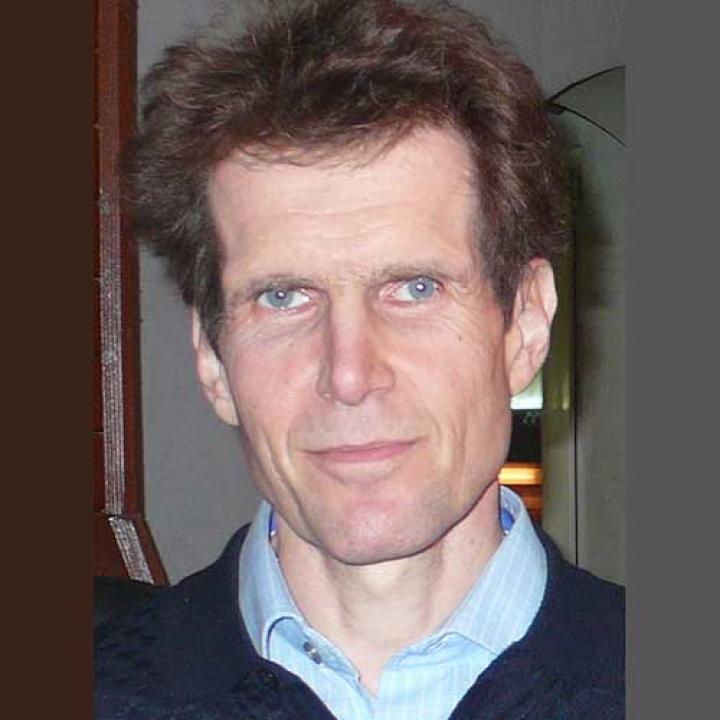The 21st of May marks the centenary of the birth of Andrei Sakharov, one of the great physicists of the twentieth century who was also one of the world’s most courageous and renowned proponents of freedom and human rights.
As the key figure in the Soviet Union’s development of a thermonuclear bomb, Sakharov could have enjoyed a life of privilege and luxury. But to do so would have meant closing his eyes to the injustice and repression around him. This was something that Sakharov, unlike the vast majority of his colleagues in the Soviet Academy of Sciences, would not do.
Soon after helping to launch the dissidents’ movement in the Soviet Union in the 1960s, Sakharov came to symbolize, more than anyone else, the hope that someday the Soviet regime would become more democratic. He offered a lengthy “Appeal for Gradual Democratization” to Soviet leader Leonid Brezhnev in 1970, warning that without far-reaching political liberalization the Soviet Union would suffer economic decline and eventually become a “second-rate provincial power.”
For these views, and for all his subsequent efforts in defense of freedom, Sakharov gained enormous international acclaim, including the Nobel Peace Prize in 1975. But in his own country he became an outcast, openly reviled by other members of the Soviet elite, including some who are still alive today. Sakharov’s articles were forbidden to be published. All his privileges were stripped away, and he was barred from leaving the country to accept his Nobel Prize. At the behest of political overseers, the Soviet Academy of Sciences turned ferociously against its most distinguished member, issuing letters and statements condemning Sakharov. Although a few brave members of the Academy refused to go along with the vilification, the large majority of members readily complied.
Sakharov’s optimism, combined with almost superhuman courage and integrity, is what spurred him on and made him the truly remarkable figure he was.
Yet, even after Sakharov was exiled to the city of Gorky in 1980 for having denounced the Soviet invasion of Afghanistan, he never lost hope. Under often brutal conditions, he continued with his wife, Elena Bonner, to speak out on behalf of democratic values and to condemn repression in the Soviet Union. The nearly seven years Sakharov spent in exile would have been enough to break the spirit of nearly all political prisoners, but Sakharov seemed, if anything, to gain inner strength and to uphold his principles even more firmly as time passed.
After Mikhail Gorbachev rose to power in Moscow in March 1985, the kinds of political reforms that Sakharov had long advocated finally became plausible. Sakharov was released from Gorky in December 1986 and, upon returning to Moscow, found that Soviet leaders themselves perceived a connection between political liberalization and economic vitality, just as he had argued years before. Although many within the Communist Party elite continued to regard Sakharov with hostility and suspicion, he was able to make an extraordinary political comeback in the last few years of his life.
In April 1989 Sakharov was elected by the Soviet Academy of Sciences—the same Academy that had earlier traduced him and abetted his persecution—as a delegate to the new Congress of People’s Deputies, despite attempts by conservative members of the Academy to thwart his nomination. From the very first session of the legislature in May and June, Sakharov consistently urged the need for radical changes and warned of the potential for abuse that he saw being created in Gorbachev’s consolidation of power. Although Sakharov was a soft-spoken and humble man, he never hesitated to speak boldly at the Congress of People’s Deputies in support of democratic reform, amid heckling from orthodox Communist deputies.
Sakharov also became one of the founders and leaders of the legislature’s Interregional Group, a caucus of deputies who strongly supported liberal democracy. On behalf of the group, Sakharov stood up in the legislature in December 1989 and called for a nationwide two-hour strike to generate pressure for faster change. The following day, just hours before he died, he met with members of the Interregional Group to plan how to secure a change in the Soviet constitution that would end the monopoly of power long guaranteed to the Communist Party under Article 6. Although Sakharov did not live to see this goal achieved, Article 6 was revoked in March 1990, exactly as he had sought.
In all these activities, what was most striking about Sakharov was his determination and courage. His example gave powerful inspiration to all those in the Soviet Union and elsewhere who were struggling for democratic freedoms and human rights—an example that remains just as powerful today.
Speaking at Harvard University’s Russian Research Center in August 1989, Sakharov offered an exceptionally gloomy view of the durability of reformist trends in the Soviet Union. He warned that his country was in the throes of a “profound crisis” that could still have a “disastrous outcome.” But when I asked him later that day whether he still had any reason for hope, he smiled broadly and said, “Of course. I’m always an optimist.”
Sakharov’s optimism, combined with almost superhuman courage and integrity, is what spurred him on and made him the truly remarkable figure he was. If he were still alive for his 100th birthday, he would be dismayed by the Russian Federation’s authoritarian retrenchment under Vladimir Putin, and he would be demanding fair and meaningful national elections, respect for human rights, and the curtailment of high-level corruption. Those goals appear distant now, but Sakharov would have been confident that if supporters of democracy and freedom in Russia do not give up hope and continue to press for far-reaching change—as he and other Soviet dissidents did against even more formidable odds—they can one day live in a truly democratic society.






